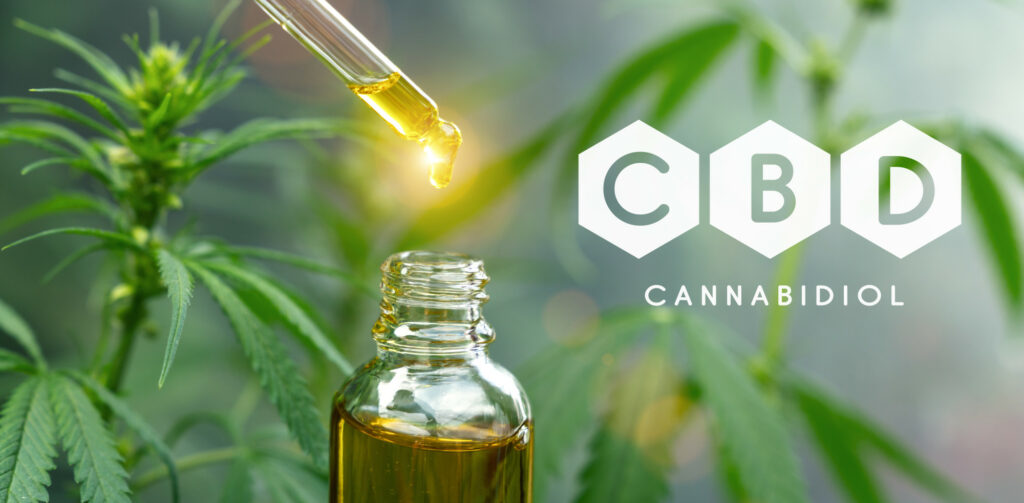Introduction
In recent years, CBD, or cannabidiol, has garnered significant attention and has been hailed as a potential remedy for a wide range of health issues. However, with so much information and hype surrounding CBD, it’s important to separate fact from fiction. In this comprehensive guide, we will delve into the world of CBD to determine whether the hype is justified and explore the scientific evidence behind its potential benefits and uses.
Understanding CBD
CBD is one of the many compounds found in cannabis plants, including both marijuana and hemp. Unlike THC (tetrahydrocannabinol), CBD does not produce psychoactive effects or the feeling of being “high.” Instead, it is believed to interact with the body’s endocannabinoid system, which plays a role in regulating various bodily functions, including pain perception, inflammation, mood, and immune responses.
Scientific Evidence and Potential Benefits
While research on CBD is still in its early stages, there is a growing body of scientific evidence supporting its potential benefits. Some of the potential benefits of CBD that have been studied include:
a) Pain Relief
CBD has shown promise as a natural analgesic and anti-inflammatory agent. It may help alleviate chronic pain conditions such as arthritis, multiple sclerosis, and neuropathic pain.
b) Anxiety and Depression
CBD has been studied for its potential anxiolytic and antidepressant effects. It may help reduce anxiety and improve symptoms of depression by interacting with serotonin receptors in the brain.
c) Epilepsy and Seizures
One of the most well-established uses of CBD is in the treatment of certain types of epilepsy, such as Dravet syndrome and Lennox-Gastaut syndrome. CBD-based medications, such as Epidiolex, have been approved by regulatory authorities for the treatment of these conditions.
d) Sleep Disorders
CBD may help promote better sleep by reducing anxiety, improving sleep quality, and addressing underlying causes of insomnia.
e) Skin Conditions
Preliminary studies suggest that CBD may have potential benefits for various skin conditions, including acne, eczema, and psoriasis, due to its anti-inflammatory properties.
CBD and Wellness
In addition to its potential therapeutic uses, CBD has gained popularity in the wellness industry. Many individuals use CBD as a natural supplement to support overall well-being and promote a sense of balance. It is believed to have antioxidant properties and may help regulate the body’s internal systems.
Regulation and Safety
While CBD is generally considered safe for most people, it is essential to consider the quality and source of CBD products. The lack of regulation in the CBD industry has led to inconsistencies in product quality and labeling. To ensure safety, it is important to choose CBD products from reputable manufacturers that undergo third-party testing for purity and potency.
Dosage and Individual Variations
CBD dosage can vary depending on factors such as body weight, individual tolerance, and the condition being treated. It is advisable to start with a low dosage and gradually increase as needed while monitoring the effects. Consulting with a healthcare professional knowledgeable in CBD use can provide personalized guidance.
Legal Status
The legal status of CBD varies by country and region. In many countries, CBD derived from hemp with less than 0.3% THC is legal, while CBD derived from marijuana may be subject to stricter regulations. It is essential to understand the legal framework in your jurisdiction and ensure compliance with local laws.
Additional Considerations
While CBD shows promise, it is not a miracle cure-all. It is important to maintain a balanced perspective and consider CBD as part of a holistic approach to health and wellness. Lifestyle factors such as nutrition, exercise, stress management, and adequate sleep also play vital roles in overall well-being.
Conclusion
The hype surrounding CBD is based on the growing scientific evidence supporting its potential benefits and the positive experiences reported by many individuals. While more research is needed to fully understand the extent of CBD’s therapeutic uses, it has shown promise in various areas, including pain relief, anxiety and depression management, epilepsy treatment, and promoting general wellness. It is crucial to approach CBD with informed judgment, consider individual variations, ensure product quality, and comply with local regulations. CBD may hold great potential, but it is essential to maintain realistic expectations and view it as part of a comprehensive approach to health and well-being.
- Cannabis Pain Relief without the ‘High’ - July 6, 2023
- Is The Hype About CBD, Or Cannabidiol, Real? - July 5, 2023

